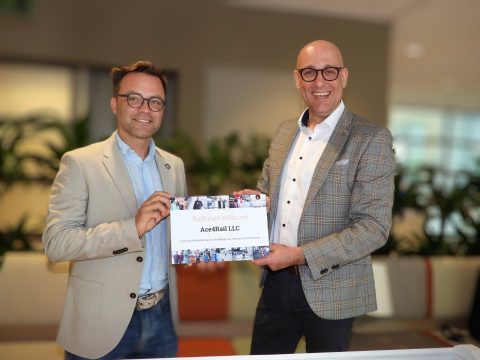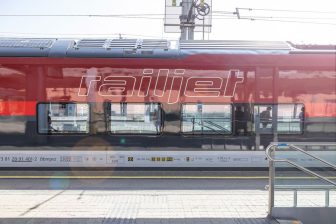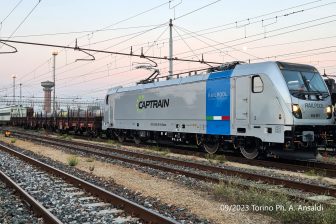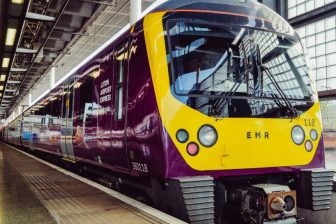
interview
Former SBB and NS fleet managers create a ‘Boeing 737 on rails’ with leasing startup
Albert Koch and Axel Kiese, as former fleet managers, are both embarking on the startup adventure to help the rail sector move forward Railforum
Leasing a passenger train that can be used in almost all of Europe, in a flexible way. Currently impossible, but Axel Kiese and Albert Koch, formerly fleet managers at SBB and NS, want to change that with the startup ace4rail.
Want to read more?
You have read all of your free premium articles for this month. Please become a subscriber to keep reading.
Subscribe now!
Take advantage of our exclusive offer to get full access to all premium content.




All talks but no action. Hurry up already.